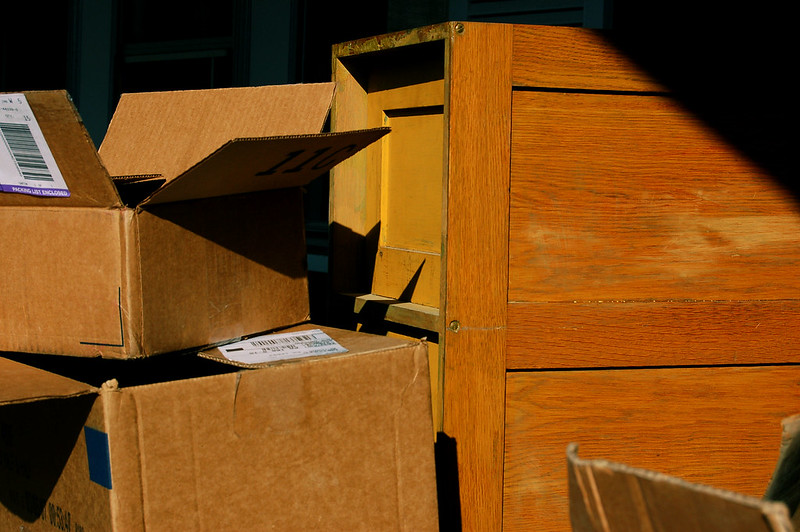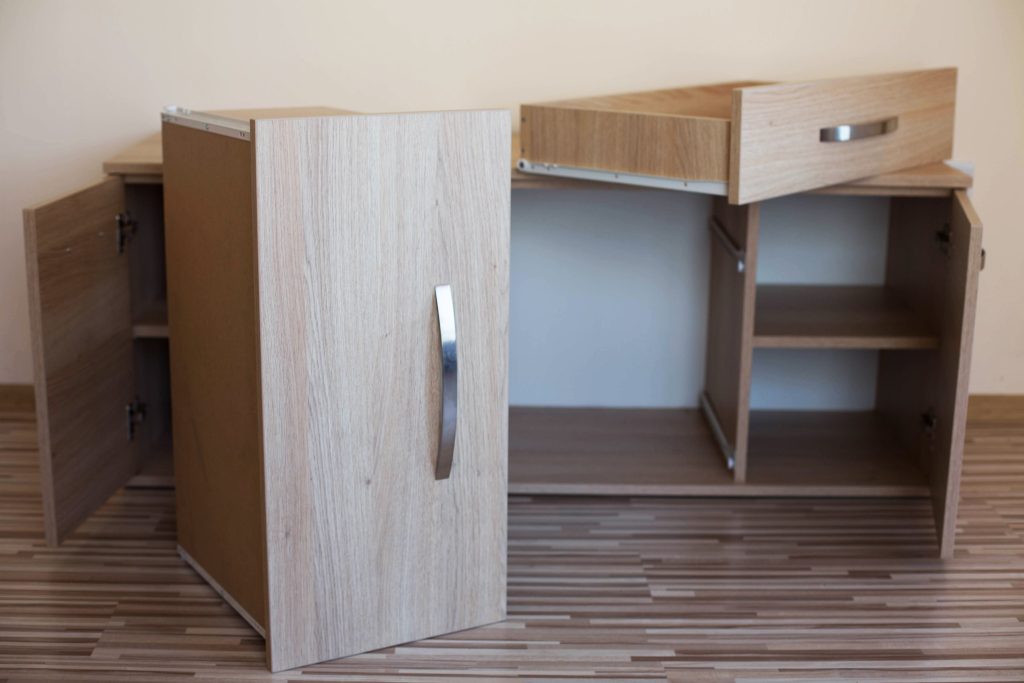Protecting your possessions to ensure they arrive in the new house in the same state they left the old one is an essential responsibility while packing for a move. Furniture items are notoriously difficult to pack for a relocation because of their vast size and heavy weight. Some of the items you own will be somewhat delicate and fragile, with vast exposed surfaces that are particularly vulnerable to damage, making things during your house move even more complicated than they need to be. Whether you’re moving alone or with the help of professionals, you should always take care of your stuff.
Without the necessary safeguards, glass can break, upholstery can shred, and wood furniture can become gouged. To make sure all your belongings make it to your new home, follow our guide to learn how to protect your furniture during a move or while in storage. Fortunately, you can move your delicate items without worrying about potential damage if you have a few simple tools and a few simple tips.
Packing Tips
There are quite several preparation stages involved in moving, and this guide covers everything on how to protect furniture when moving:
1. Make a list of each piece you will be taking
Make a thorough inventory of all the items in your house. You can choose which pieces of furniture to take with you and which to leave behind to be sold, given as gifts to friends, or donated to a good cause using the inventory checklist.
2. Measure or approximate furniture sizes
Measure the huge pieces in your home to see if they can fit through the doors, corners, and hallways without causing any damage. Also, knowing the sizes will be helpful when deciding what type of moving truck you will need for the move.
3. Gather the necessary packing materials
They are an inevitable part of your moving process, and you must gather the necessary ones you will need. The underlisted materials can be obtained from your local hardware store. Alternatively, you can order them on Amazon or other online shopping stores you know. Some and most essential packing materials include:
- blankets (preferably specialized moving blankets)
- plastic or bubble wrap
- corrugated cardboard sheets
- styrofoam
- shrink wrap
- soft packing paper
- packing tape.
4. Prepare furniture for packing
Make sure to give your furniture a thorough cleaning and dusting before you begin packing. During the moving process, dust and other particles can harm hard surfaces. Cleaning the fittings before you move will help prevent you from bringing more dirt into your new residence.
Remove any knobs, casters, or pulls from your furniture by taking a few moments. Desks and dressers should have their drawers removed so that other objects can be placed inside. You have more storage space and can move heavy furniture more efficiently.
5. Disassemble the furniture correctly
If you have a lot of large pieces of furniture, consider which components can be removed and, more significantly, rebuilt in your new home. Bed frames and tables are the most common items in this category. The pieces too large to pass safely through some of the smaller and narrower spaces in your home should be disassembled. Refer to the Construction Manuals for the larger, more intricate pieces of furniture before disassembling them to ensure safe packing and transportation. Consider asking a friend who is familiar with the process or using furniture movers for assistance if you are unsure how to accomplish the partial or complete disassembly of your furniture.
6. Wrap furniture
Your sofa, whether fabric or leather, should be wrapped entirely in many blankets, sealed with strong tape, and surrounded by a layer of plastic wrap. This will protect them from damage or filth on moving day, but it’s best to give it a thorough cleaning once you’ve moved in. Wrap any wooden item in protective cloth, and put your mattress in a mattress bag. To preserve delicate wood pieces, use bubble wrap. It would be best if you used plastic wrap or specially made plastic sofa covers to protect your upholsteries. Old blankets or packing blankets will come in handy this time. Putting corrugated cardboard sheets in between wooden pieces is another smart move. This provides additional defense and helps avoid dents or scratches when the furniture is in the truck.
7. Load the furniture onto the truck
Knowing how to cover furniture when moving is equally essential when loading the furniture onto the truck. This will ultimately make the process easy for you. Start by building a wall of boxes across the truck’s back. Any square fitments, such as desks or dressers, should be placed squarely against the box wall to provide additional padding. Use corrugated cardboard or packing blankets to separate the pieces. A couch can occupy a lot of valuable space. Turning the sofa, so it is upright and standing on one end is a fantastic technique to prevent it. This is particularly useful if you are unable to disassemble your couch. After all the furniture is packed in, you should strap them firmly to the truck to keep them in position throughout the journey.
8. Attach cardboard sheets to the corners and undersides of furniture
After wrapping bulkier wooden furniture with angular corners, such as sideboards, dressers, drawers, or desks, attach cardboard sheets to the corners and underside of the furniture to reduce the effect of bashing. Protect furniture corners by covering the vulnerable areas with thick corrugated cardboard pieces, then securing them to the furniture with shrink wrap. Please remember that the corners are prone to dent or damage while moving your furniture around and toward the moving truck.
Conclusion
While moving might be exhilarating, there can also be a lot of effort involved. Undoubtedly, knowing how to protect your furniture in a move is one of the essential parts of any relocation. You can ensure that your items survive the trip in excellent condition if you acquire the necessary supplies and carefully wrap your pieces.
It is worthy of note that this is for guidance only; you should speak to a professional about moving your furniture and protecting them during the move. You must know how to protect your furniture when moving before embarking on the journey.
Thank you for reading our article. You can always order the services of Starkmovers company. Here is a list of our most popular services:
We are waiting for your calls!





